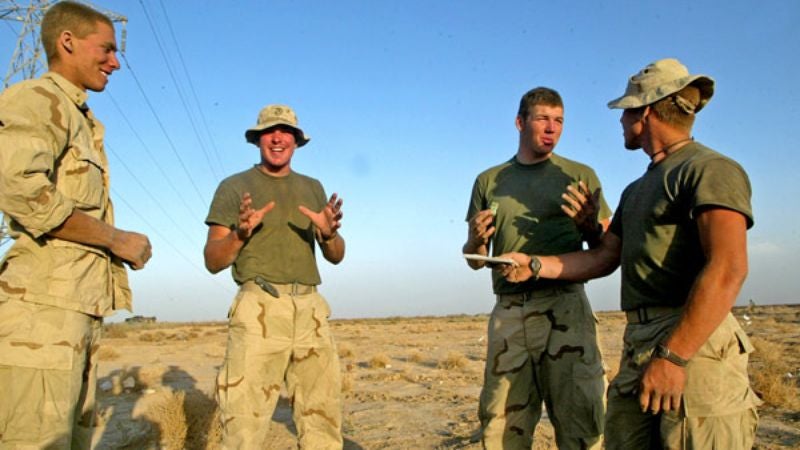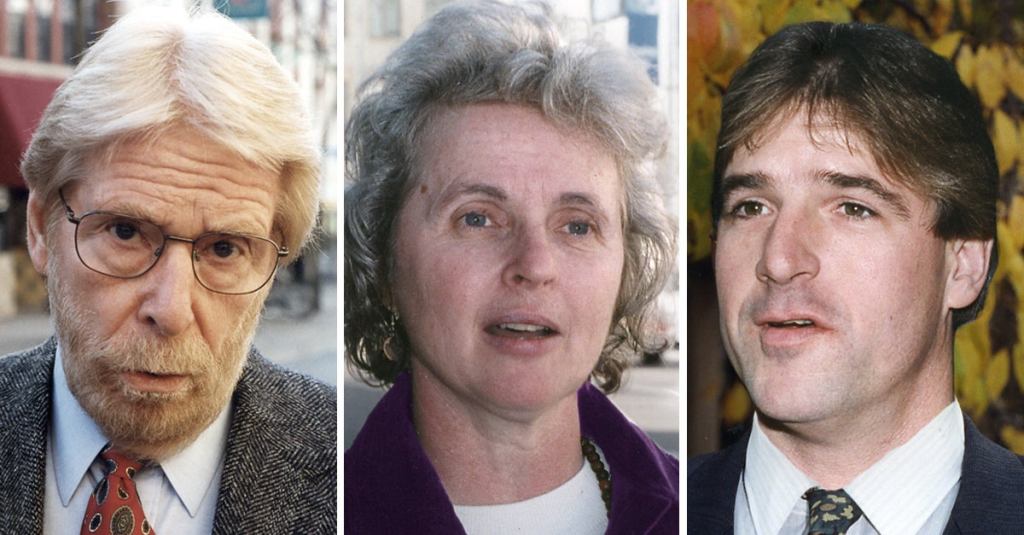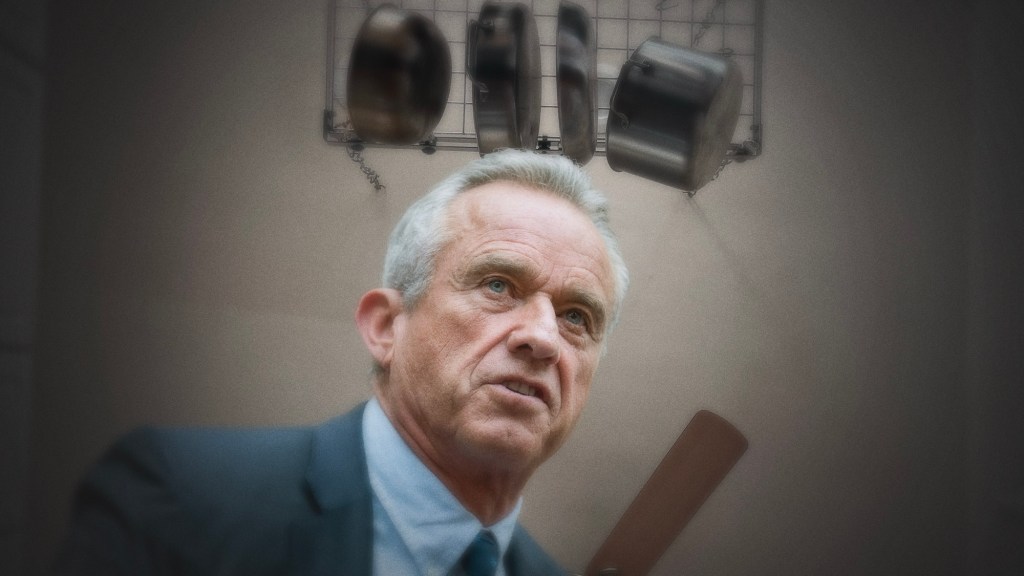CAMP FALLUJAH, IRAQ—Once widely acknowledged as the most crucial and compelling news story in the world, the U.S. military occupation of Iraq was, for the first time in the conflict’s five-year history, deemed too uninteresting to be considered among 2007’s most important news events.
According to polls, the war, which claimed American and Iraqi lives at a record rate throughout the past year, had simply grown too repetitive to warrant more than a passing recognition. For 57 consecutive months, viewers across the country were subjected to monotonous and tedious roadside bombings, predictable charges of corruption and negligence against private contractors, and a chaotic, hard-to-understand political situation that never seemed to change.
“Is that still going on?” 46-year-old Dayton, OH resident Jim Svaboda asked about the war, which many were told would be ending as early as May 2003. “Absolutely nothing new has happened over there in months. Even the soldiers are tired of it.”
In September, a massive march against the war drew hundreds of thousands of protesters to the nation’s capital, but failed to capture the attention of most major news outlets. And despite the insistence of a number of observers and political analysts that the war in Iraq was actually getting better, viewers continued to turn away by the millions.
“The average consumer can only read so many articles about 18-month redeployments that keep soldiers away from their families for years, or the lack of decent body armor, before they just tune out completely,” said Kris Duncan, professor of media studies at Brandeis University. “That kind of thing might have seemed fresh two years ago, but people today want something unexpected. Frankly, if I have to watch one more clip of amputee footage from Iraq, I’m going to be sick.”
Political blogger Janet Friedberg, of HotUpdateNow.com, agreed.
“The Iraq war is so over,” Friedberg said. “Even if it goes on for another 10 years.”
Some Washington-based supporters of the war said they were confident they could regain public interest in 2008 by pumping hundreds of billions of dollars into the conflict.







